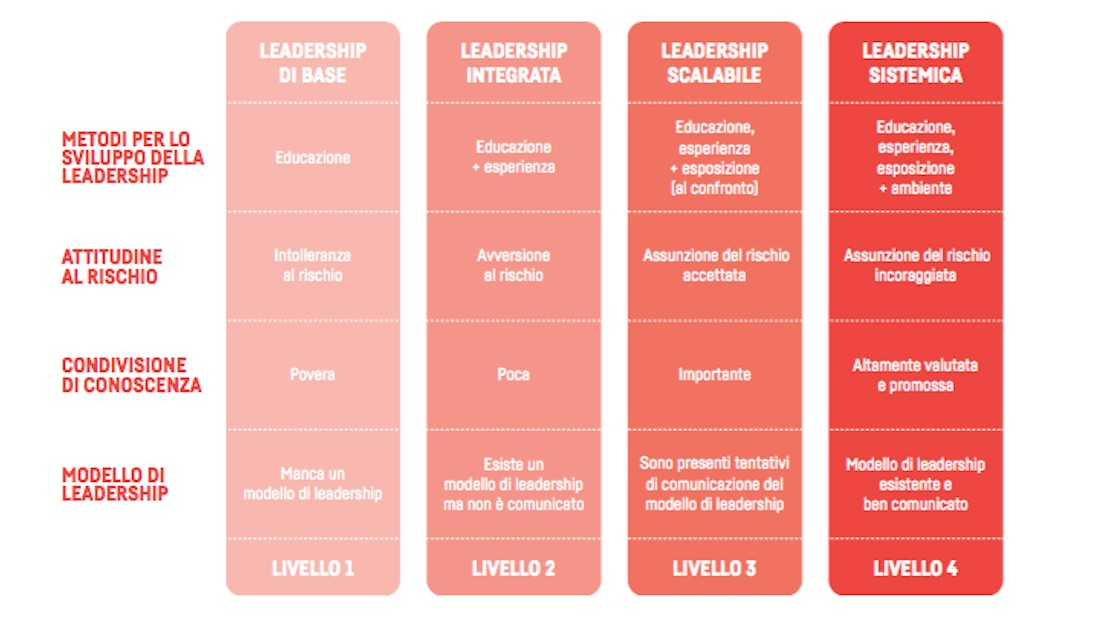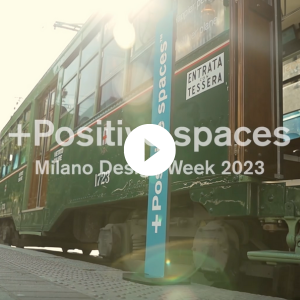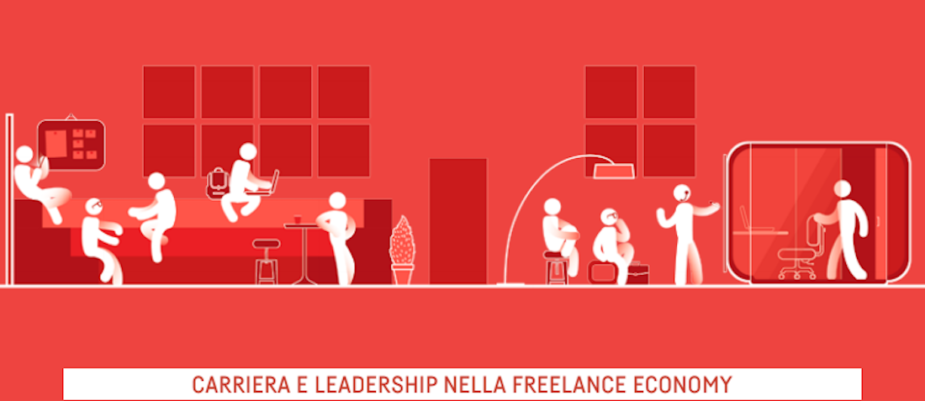
Shared leadership, supported by a flexible working environment and technology, is the key to design horizontal organization capable of adapting to the continued dynamism of the future economy.
According to Leadershift, the last research run by Sedus, the eco-leadership will be the key for managers and company’s success. Managers will have to develop new models of innovation, lifelong learning and collaboration, while companies need to provide the right environment to foster this “leadershift”.
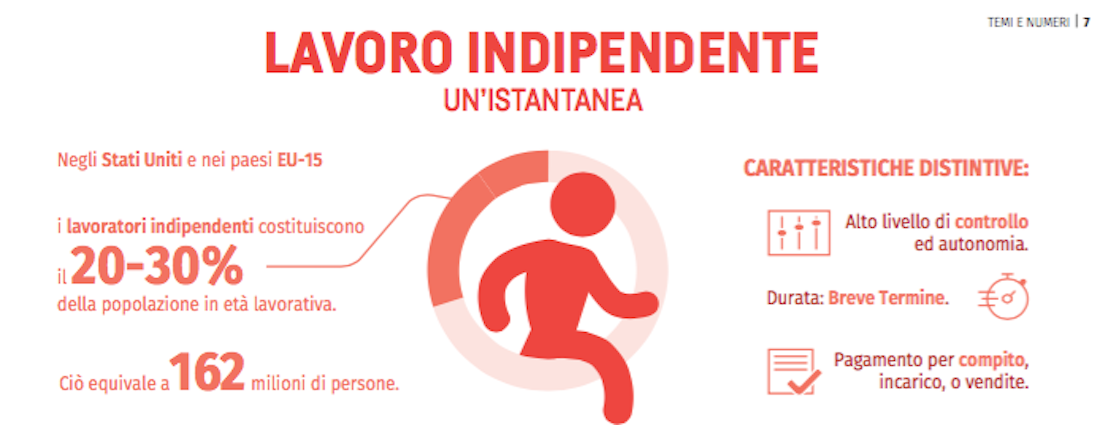
“The world needs a new leadership. A new leadership is about working together”. The handout of the last Sedus’s study, Leadershift” begins quoting Jack Ma, Alibaba’s founder.
As the name “leadershift” suggest, today’s managers need to change their way of dealing with their teamwork, moving towards a more horizontal organization, based on engagement and wellbeing.
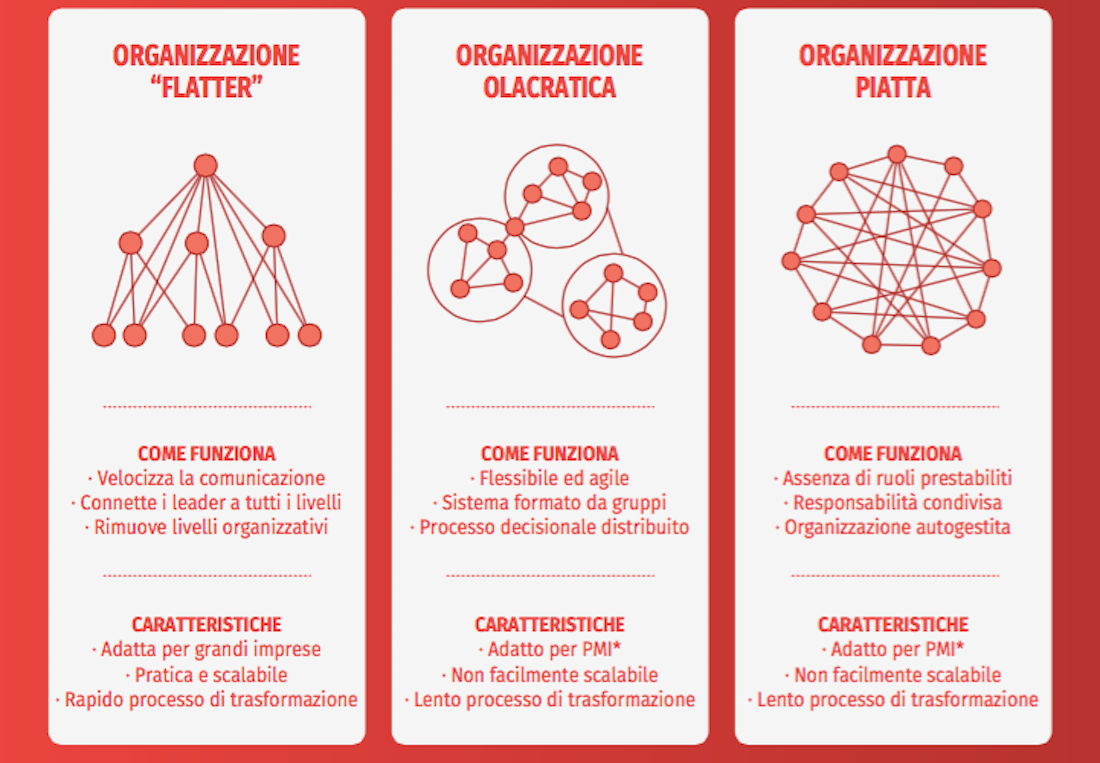
The goal is to create a “management culture socially responsible, dynamic and adaptive”, future-oriented capable of actively participate in the work changing scenarios.
According to McKinsey, there are three main competencies that an “eco-manager” (namely a manager that see an organization as an interdependent ecosystem) needs to have:
- Ask the right question, instead of answering correctly.
- Do not focus on immediate results, but investigate the real and deep reasons for the company’s problems.
- Turn the company’s goals into actions, by engaging employees.
This becomes fundamental is a more freelance world: from 2011 to 2016, 50% of the companies have increased the number of external human resources.
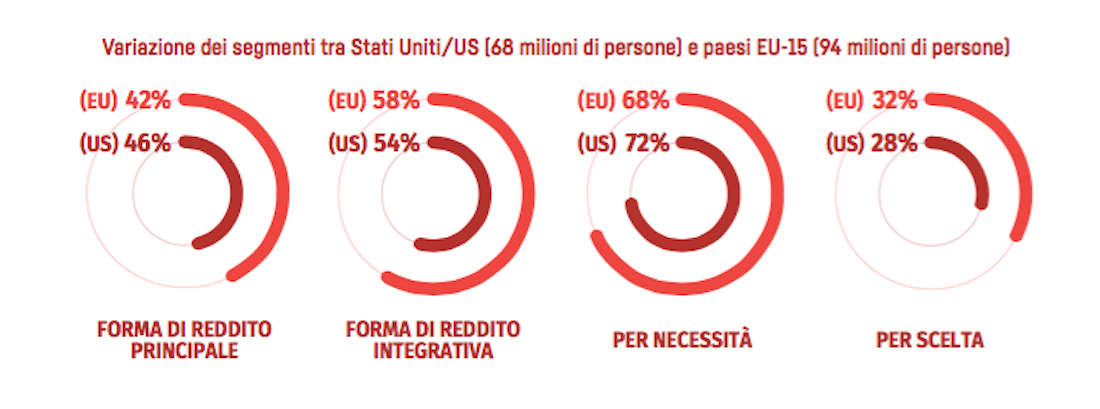
Although freelancing was fostered by the recent economic crisis, nowadays there are other reasons why, especially among youngers and Millennials, it is becoming more common: a more flexible lifestyle, the possibility of doing several and different experiences and learning new competencies to trace a more free and unpredictable career.
A key factor for this new kind leadership is the working environment which has to provide a stage where lifelong learning, experimenting and knowledge sharing can take easily place.
Technology is the first step: allowing an easy and flexible way of communication and the possibility of monitoring and manage the team effectively also from a distance.
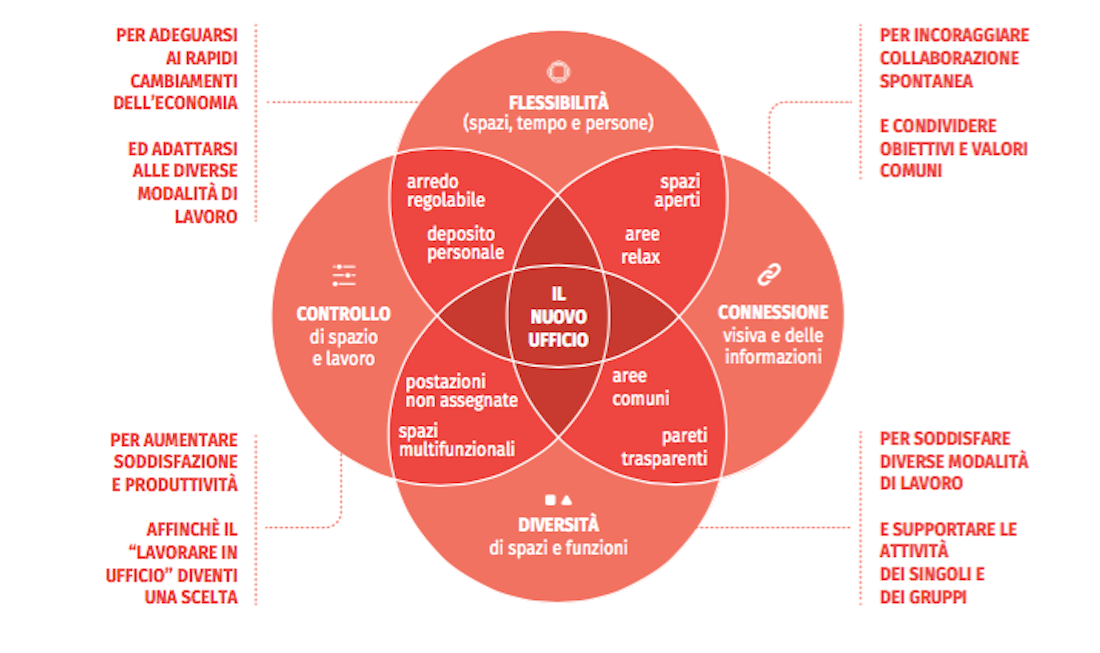
Secondly, a workspace where different need as collaboration, communication, concentration and focusing find a dedicated setting: the right furniture and the right positioning of cross paths for informal encounters can contribute to educating people to the new organisational culture.
Eventually, Sedus gives three suggestions to start with:
do not forget flexibility and versatility and remove all the vertical barriers: transparency creates trust.
And trust is the new ways of woking’s keyword.
Text by Gabriele Masi.
Pictures by Sedus.
